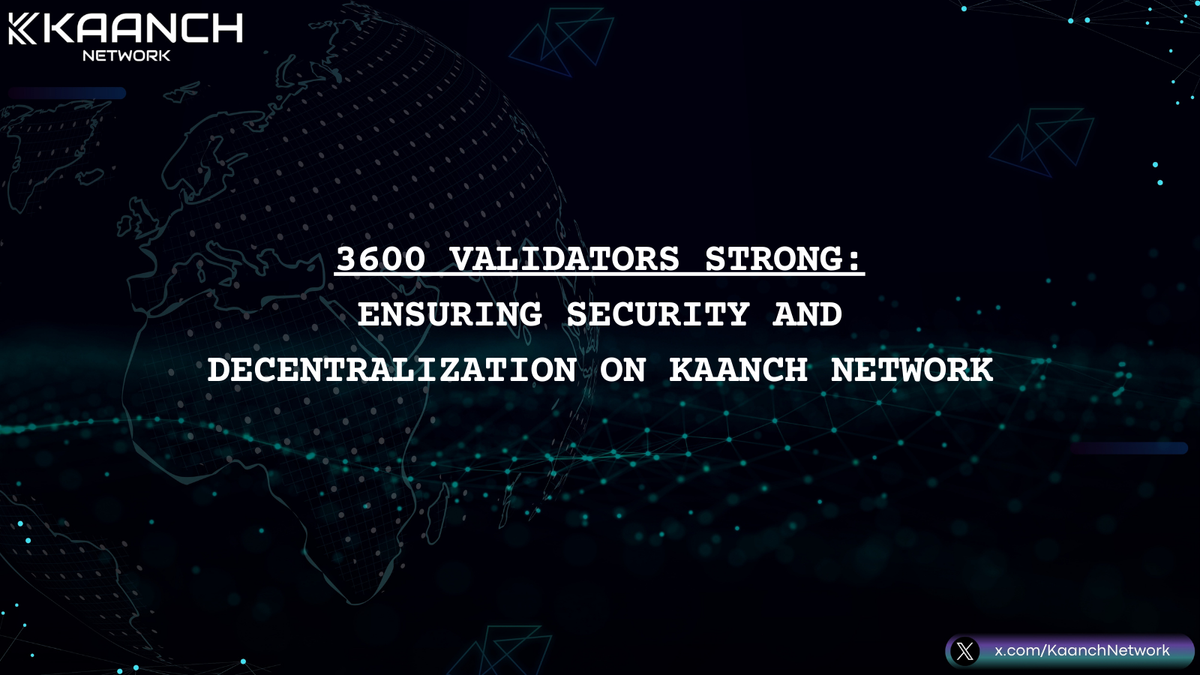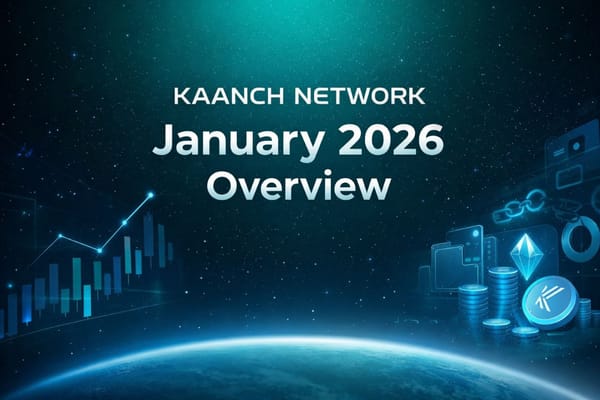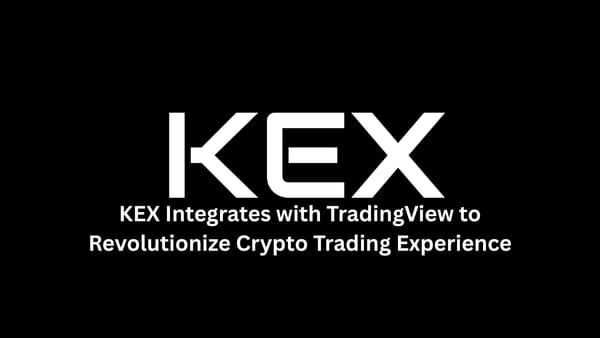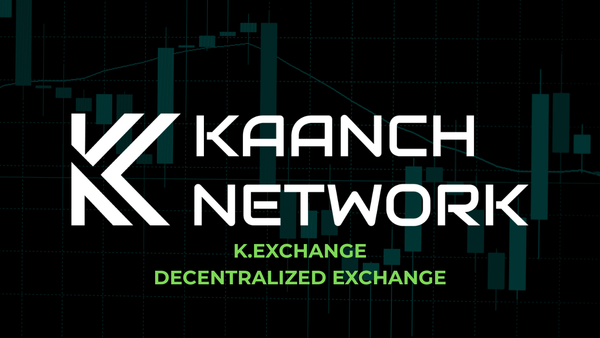3600 Validators Strong: Ensuring Security and Decentralization on Kaanch Network
Kaanch Network’s 3600 active validators ensure unmatched security, decentralization, and scalability. Powered by DPoS, these validators enable 1.4 million TPS while protecting the network from attacks and centralization risks, setting a new standard for blockchain infrastructure.

Blockchain technology thrives on two core principles: security and decentralization. While scalability and speed are crucial, they should never compromise these foundational aspects. Kaanch Network, with its robust 3600 active validators, sets a new standard for secure and decentralized operations, ensuring that the network remains tamper-proof and equitable for all participants.
In this blog, we’ll explore how Kaanch’s validator ecosystem strengthens its infrastructure and upholds blockchain’s core principles.
Why Validators Are Critical in Blockchain
Validators are the backbone of any blockchain network. Their primary role is to:
- Validate Transactions: Ensure that only legitimate transactions are added to the blockchain.
- Maintain Network Integrity: Prevent fraudulent activities, such as double-spending.
- Support Decentralization: Distribute control across a wide range of participants, minimizing centralization risks.
Without a strong validator network, blockchains are vulnerable to attacks, inefficiency, and centralization, which undermine user trust.
Kaanch Network’s Validator System: A Deep Dive
Kaanch Network employs an advanced Delegated Proof of Stake (DPoS) consensus mechanism, supported by 3600 active validators. Here’s how it works:
1. Validator Election Through Delegation
- Token holders delegate their voting power to select validators.
- Validators are chosen based on their reputation, reliability, and stake, ensuring the network’s integrity.
2. Parallel Processing for High Performance
With 1.4 million TPS, Kaanch validators process transactions in parallel across multiple shards. This ensures:
- Faster transaction validation.
- Equitable workload distribution across all validators.
3. Enhanced Security Against Attacks
A large number of validators (3600) significantly reduces the likelihood of network attacks, such as:
- 51% Attacks: Requiring control over more than half of the validators is computationally unfeasible.
- Sybil Attacks: Kaanch’s robust validation and staking requirements prevent bad actors from infiltrating the network.
4. Decentralization at Scale
Kaanch Network’s wide validator distribution ensures no single entity can dominate the network. This is critical for:
- Resilience: The network can withstand localized failures without compromising operations.
- Fairness: Decisions are made collectively, reducing risks of centralized control.
Visualizing Validator Security on Kaanch Network
Validator Workflow Diagram:
[Token Holders] --> [Delegate Votes] --> [3600 Validators]
↓ ↓
[Transaction Validation] --> [Sharding and Consensus]
↓ ↓
[Immutable Blockchain Ledger]
Comparison: Validator Strength Across Networks
| Feature | Ethereum | Solana | Kaanch Network |
|---|---|---|---|
| Number of Validators | ~8,000 | ~1,900 | 3600 |
| Consensus Mechanism | PoS | PoH | DPoS |
| Attack Resistance | Moderate | Low | High |
| Transaction Scalability | ~30 TPS | ~65,000 TPS | 1.4 Million TPS |
The Benefits of 3600 Validators on Kaanch Network
1. Uncompromised Security
With thousands of validators ensuring consensus, Kaanch Network is highly resistant to attacks. Each validator independently verifies transactions, making it nearly impossible for malicious actors to alter the blockchain.
2. True Decentralization
Kaanch’s validator network is globally distributed, preventing centralized control and ensuring a fair, open system for all participants.
3. Scalability Without Sacrifices
Validators on Kaanch Network support high transaction volumes without compromising decentralization or security, solving the blockchain trilemma.
Real-World Applications of a Strong Validator Network
- Decentralized Finance (DeFi) Validators ensure the integrity of DeFi platforms built on Kaanch, fostering trust among users and developers.
- Enterprise Solutions Businesses using Kaanch for supply chain management or financial operations benefit from a secure, decentralized infrastructure.
- Global Payments Validators enable seamless, secure cross-border payments with instant settlement.
Why Validator Strength Matters for Blockchain’s Future
A robust validator ecosystem like Kaanch’s is critical for blockchain to scale globally. By maintaining 3600 active validators, Kaanch Network ensures:
- Security and reliability for all transactions.
- Decentralization that promotes fairness and transparency.
- Scalability to handle millions of users and transactions.
Conclusion: Building a Secure and Decentralized Future with Kaanch
Kaanch Network’s 3600 validators are more than a number—they represent the foundation of a secure, scalable, and decentralized blockchain. Whether you’re a developer, enterprise, or individual user, Kaanch ensures that your transactions and applications run on a network you can trust.
Experience blockchain security and decentralization like never before.
Join Kaanch Network today by visiting www.kaanch.com.




